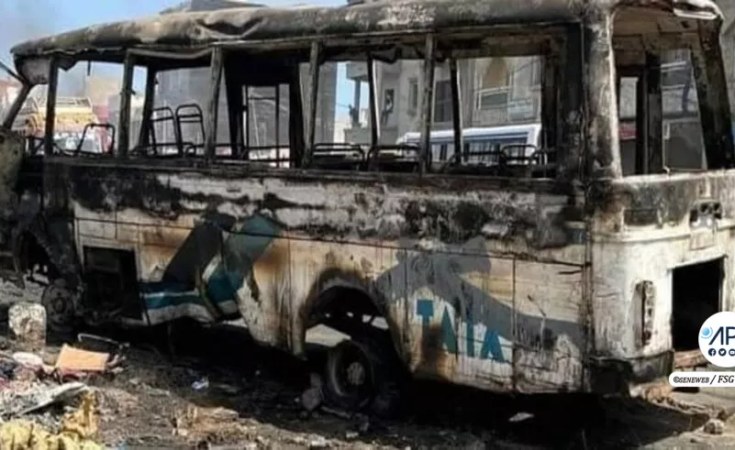Policymaking is a delicate endeavour. Designing plans which impact real people is a complex puzzle, particularly when governments are faced with balancing individual rights and freedoms with the imperative to protect social order. Policymaking in the digital economy intensifies this complexity: governments must navigate a constantly evolving landscape where technological advancements and societal shifts interact, often leading to conflicting priorities.
From 31 July, the Senegalese government restricted access to mobile connectivity, citing threat to public order — following protests in which it says social media was used to distribute "hateful and subversive messages". This is the second time since June this year that the government has taken this drastic measure. When you consider that a chunk of the Senegalese population — indeed the African population — uses a mobile phone to connect to the internet, you might consider this to be internet censorship. You wouldn't necessarily be wrong. So let's talk about that.
when is harm severe enough to necessitate this extent of regulation of free expression?
Undoubtedly, the internet, and social media in particular, can be a hot-spot for divisive speech. Still, divisive speech online is also not intrinsically dissimilar to that same speech offline. But there are stark differences: such speech can spread farther, at lower cost, linger online for hours, or forever, and can evolve very quickly; with the resultant breakdown in social order within the spaces it permeates. Put simply, the internet provides a unique environment for divisive content to proliferate rapidly and indefinitely and cause harm. As such, governments worldwide have the unique challenge of striking a delicate balance between safeguarding free expression and maintaining social order. Governments have looked to tackle the issue in a range of ways: from obligating platform providers to take down hateful content, to restricting citizens’ access to the internet completely, in the most extreme scenario such as Senegal is faced with today.
One might be inclined to first ask: when is harm severe enough to necessitate this extent of regulation of free expression? In African countries especially, this question is particularly poignant, given that powerful state and private actors have been known to abuse the restrictions of rights for their gain. We ask about severity because we know this to be true: some level of content moderation is necessary. It is for each government to then articulate the specific scenarios and determine the scope of applicable regulation: for instance, for imminent threat to public safety, incitement, mis- and disinformation, cyberbullying, child exploitation, and so on.
But what about when online content is purely political and in fact, highly critical of a given administration? In the absence of direct incitement to violent conduct, how do governments measure threats to national stability? Regulating free expression in these circumstances presents a particularly delicate challenge, as it involves balancing the fundamental principles of democracy, free speech, and the preservation of social order. More importantly, and specific to the African condition, defining the scope and implementation of any content regulations in this context raises ethical concerns. Key amongst those include identifying who exactly the responsibility for content moderation lies with, the circumstances that warrant intervention, the duration of any restrictions, and the degree to which free expression can or should be limited.
This responsibility should not fall to nation states alone
Irrespective of the scope of content regulations, there is a definite certainty: for nations to appropriately address divisive online speech and its potential offline consequences, there must be investment in robust mechanisms for recognising, monitoring, and analysing trends on the internet. This responsibility should not fall to nation states alone: cooperation between governments, tech companies, civil society organisations, and researchers is necessary to develop comprehensive African solutions.
Proactive monitoring and early intervention can prevent divisive online content from escalating into real-world violence. Even so, as African nations race to position themselves as digital sprinters, they must all look to guard against digital authoritarianism. Moderating online content is not a zero-sum game. Governments must learn to avoid wielding content regulation as a tool to suppress dissent and control critical information flow. The recent events in Senegal illustrate the urgency of finding balanced solutions.
Amaka Yvonne Onyemenam is a tech policy enthusiast and Senior Consultant at Africa Practice, where she leads the Digital Centre of Excellence. She can be reached at aonyemenam@africapractice.com.


